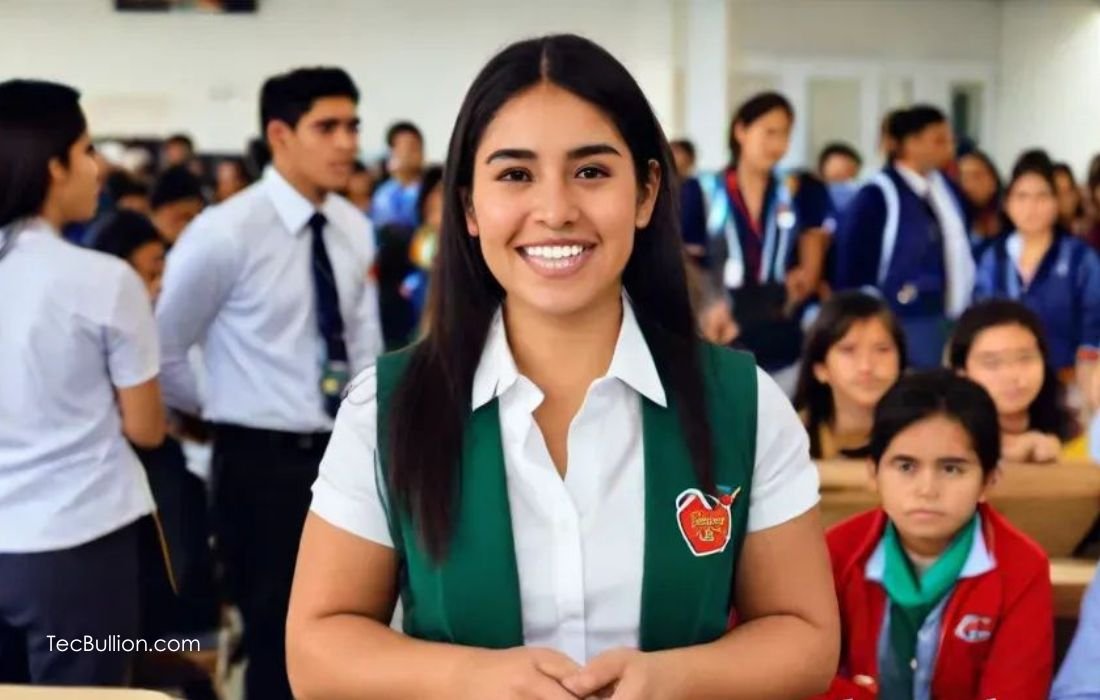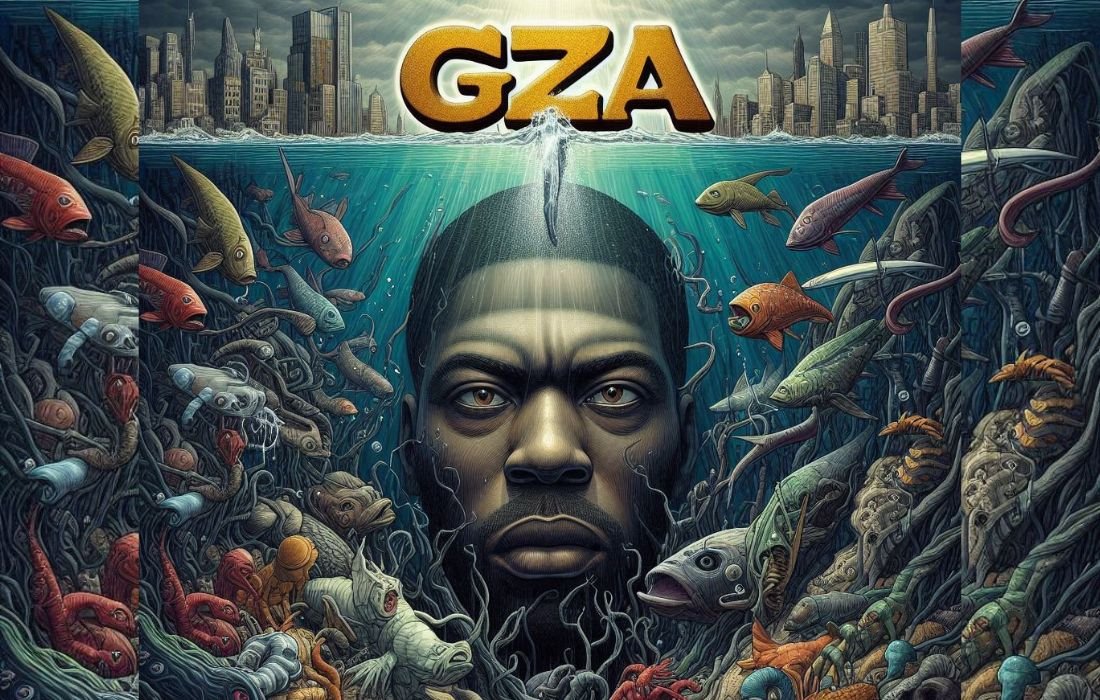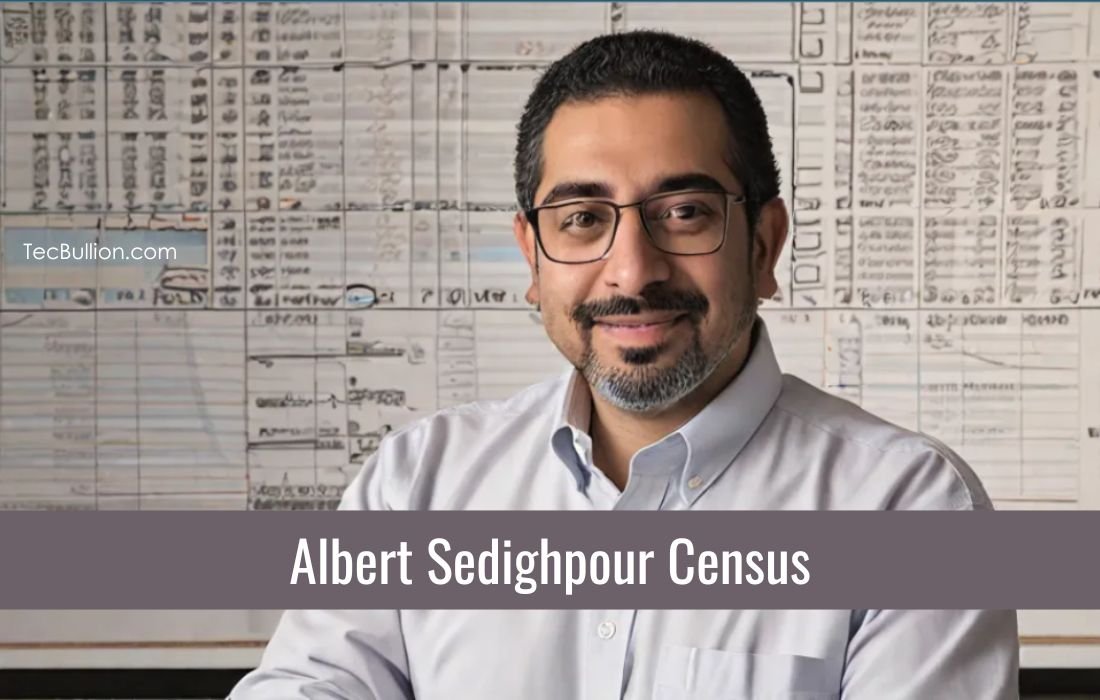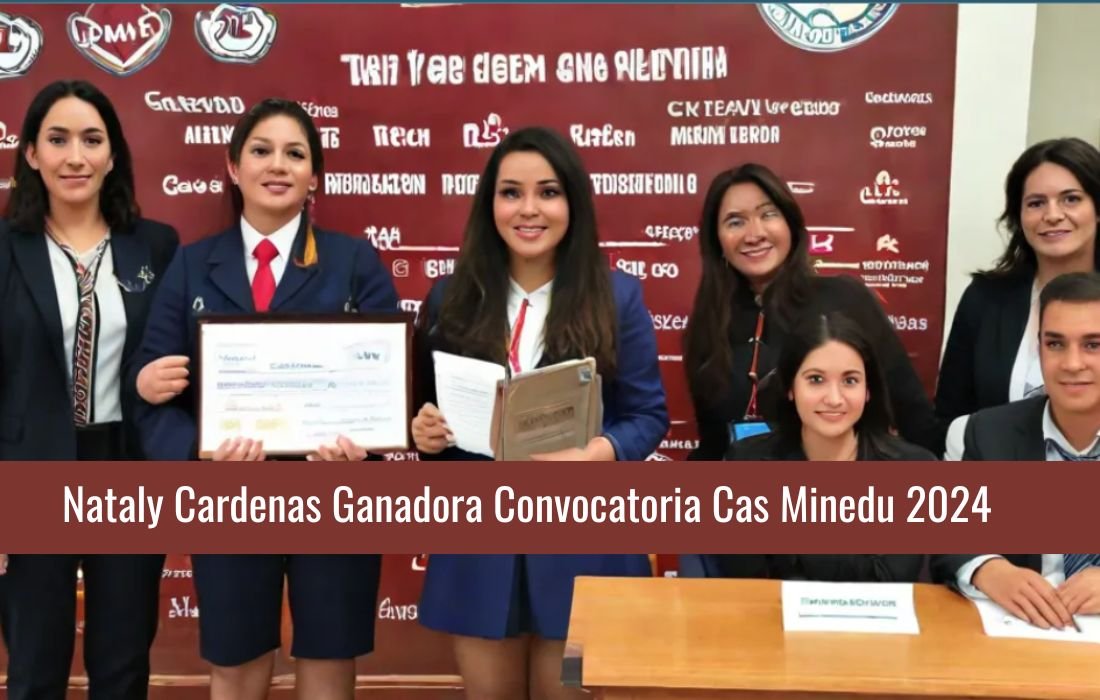In 2024, Nataly Cardenas rose to prominence after winning the highly competitive MINEDU call for proposals. This achievement marked her as one of the top figures in the education sector. The MINEDU 2024 competition, which is part of the Ministry of Education’s initiatives in Peru, attracts participants from across the country. The competition provides opportunities for professionals and educators to present innovative ideas to improve the education system.
Nataly Cardenas, through her proposal, demonstrated exceptional creativity and a commitment to enhancing learning environments. Her project aimed to address critical challenges in education, resonating deeply with the Ministry’s objectives.
Background of MINEDU
The Ministry of Education (MINEDU) in Peru has long been at the forefront of advancing educational reforms. Every year, it launches the call for proposals, inviting educators, policymakers, and innovators to submit ideas for improving education in the country.
The purpose of the MINEDU 2024 initiative is to drive change by funding groundbreaking educational projects. By backing these projects, the Ministry fosters growth in areas that need the most support, ensuring the education system becomes more accessible and effective.
Winning this call for proposals is no small feat. It requires not only a deep understanding of Peru’s educational challenges but also the ability to propose solutions that are feasible and sustainable. Nataly Cardenas stood out among numerous applicants, showcasing her ability to innovate within this space.
Nataly Cardenas’ Winning Project
The proposal that secured Nataly Cardenas‘ win focused on improving access to quality education for underserved communities. She highlighted the barriers that many students face in receiving a robust education. Her project proposed using digital tools and innovative teaching methods to overcome these challenges.
The main elements of Nataly Cardenas’ project were:
- Digital Learning Tools: Utilizing modern technology to provide remote education to students in rural areas.
- Teacher Training: Providing educators with training on how to incorporate digital tools into their teaching methodologies.
- Community Engagement: Encouraging local communities to become active participants in the education system, ensuring they support and understand the importance of education.
- Curriculum Development: Adjusting the curriculum to include skills that are necessary for modern careers, ensuring students are well-equipped for the future job market.
Through these initiatives, Nataly aimed to not only improve access to education but also ensure that students in remote areas receive the same quality of education as their urban counterparts.
Why Nataly Cardenas’ Project Stood Out
Many factors contributed to Nataly Cardenas‘ project being selected as the winner. The MINEDU 2024 call for proposals is known for its strict evaluation process. Proposals are judged based on their potential impact, innovation, and practicality.
Here are some reasons why Nataly Cardenas‘ proposal was considered outstanding:
- Focus on Digital Innovation: In a world that is increasingly reliant on technology, Cardenas’ emphasis on using digital tools to bridge the education gap resonated with the judging panel.
- Sustainability: Her project proposed long-term solutions, ensuring that improvements in education would be sustained over time.
- Community Involvement: By involving local communities, her project created a collaborative environment, making it more likely to succeed.
- Scalability: The project was designed to be scalable, meaning it could be applied in different regions across Peru and adapted to meet various needs.
Her approach demonstrated a clear understanding of Peru’s educational landscape and proposed actionable steps that could be taken to make real, lasting changes.
The Importance of MINEDU 2024 Initiatives
The MINEDU 2024 call for proposals is vital in shaping the future of education in Peru. By inviting innovative projects, the Ministry of Education ensures that the country’s education system keeps evolving. This initiative allows professionals like Nataly Cardenas to contribute ideas that can solve pressing issues, such as unequal access to education and outdated teaching methods.
The initiative also plays a critical role in achieving broader national goals, such as:
- Improving literacy rates in underserved communities.
- Bridging the digital divide by ensuring that all students have access to the latest technology.
- Preparing students for the modern workforce by introducing them to skills in demand.
How Nataly Cardenas’ Project Will Benefit Peru
The implementation of Nataly Cardenas’ winning project will significantly impact Peru’s educational system. Students in rural areas who often lack access to quality education will benefit immensely from the digital tools and training programs introduced by the project.
In the long term, her project aims to:
- Close the education gap between urban and rural areas.
- Improve student performance by providing teachers with better resources and training.
- Encourage student retention, ensuring that more students stay in school and complete their education.
- Create a sustainable model that can be used by other regions facing similar challenges.
These outcomes align with the Ministry of Education’s long-term vision for a more equitable and accessible education system.
The Future of Education in Peru
The success of Nataly Cardenas and her project highlights a broader trend toward innovation in education in Peru. The MINEDU 2024 initiative is just one example of how the country is working to modernize its education system. As more educators, innovators, and policymakers collaborate, Peru’s education system will continue to evolve and improve.
By adopting digital tools and focusing on underserved communities, Nataly’s project sets a precedent for future educational reforms. It demonstrates the power of innovation and highlights how crucial it is for educational institutions to adapt to the needs of a changing world.
Conclusion
Nataly Cardenas‘ win in the MINEDU 2024 call for proposals is a significant achievement not only for her but also for Peru’s education system. Her project, centered on improving access to quality education through digital tools and community engagement, is set to make a lasting impact.
As Peru continues to face challenges in education, the innovative solutions proposed by educators like Nataly Cardenas will play a critical role in shaping the future. By focusing on sustainability, community involvement, and technological advancement, her project offers a blueprint for improving education across the country.
FAQs
1. What is the MINEDU 2024 call for proposals?
The MINEDU 2024 call for proposals is an initiative by Peru’s Ministry of Education. It invites educators, policymakers, and innovators to submit projects that aim to improve the country’s education system.
2. Who is Nataly Cardenas?
Nataly Cardenas is the winner of the MINEDU 2024 call for proposals. She is an educator and innovator whose project focuses on improving access to quality education in rural areas through digital tools and community engagement.
3. What was Nataly Cardenas’ project about?
Her project aims to improve education for students in underserved communities by utilizing digital learning tools, providing teacher training, engaging local communities, and developing a modernized curriculum.
4. How will Nataly Cardenas’ project benefit Peru’s education system?
The project will help bridge the education gap between urban and rural areas, improve student performance, increase student retention, and provide a sustainable model for other regions to follow.
5. Why was Nataly Cardenas’ project selected as the winner?
Her project was selected for its focus on digital innovation, sustainability, community involvement, and scalability. It demonstrated the potential to make a lasting impact on Peru’s education system.
By focusing on these aspects, Nataly’s project aligned with MINEDU’s goals of creating a more equitable and modern education system in Peru.





